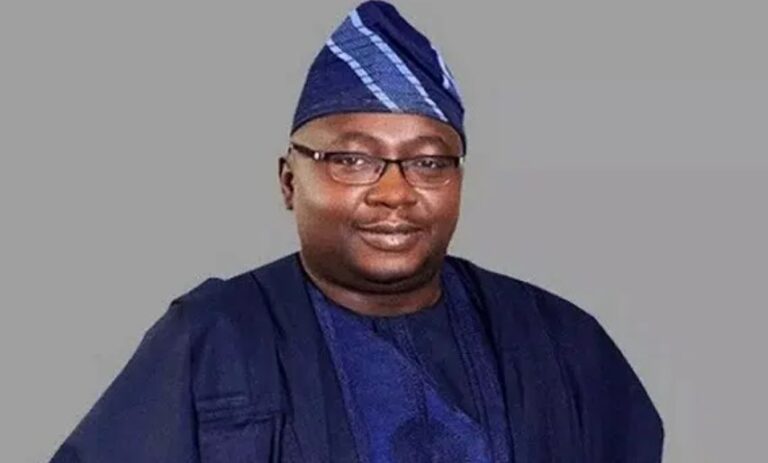The Minister of Power, Chief Adebayo Adelabu, has revealed that the Federal Government, while committed to subsidizing electricity tariffs for the less privileged, is currently reassessing the procedures for implementing a cost-reflective tariff in the electricity sector.
In a recent statement, Adelabu outlined the government’s emphasis on enhancing supply to consumers and increasing meter availability in alignment with President Bola Ahmed Tinubu’s electricity turnaround agenda, as highlighted in his New Year message.
President Tinubu had previously frozen a tariff increment approved by the Nigerian Electricity Regulatory Commission (NERC) in July 2023, resulting in a government subsidy of N600 billion. Projections indicate subsidies could reach N1.6 trillion in 2024.
Acknowledging positive improvements during the Yuletide season, Adelabu underscored the crucial role of electricity in economic growth. He stated that the initial three months of his tenure focused on diagnosis, stakeholder consultation, and strategy formulation, with the intention to now take decisive action.
The Minister outlined the primary focus on enhancing distribution and transmission infrastructure to minimize technical and commercial losses, addressing the challenge of liquidity in the electricity market. The review of the cost-reflective tariff implementation process is underway, with continued government subsidies for vulnerable segments of society.
Adelabu emphasized the imperative to close the meter gap, with ongoing initiatives such as World Bank programs and the Presidential Metering Initiatives gaining momentum. The Ministry also plans to intervene in distribution infrastructure, supplying transformers to communities without imposing financial burdens on citizens.
Rural electrification remains a priority, with plans for solar-powered mini/microgrids and street lights, aligning closely with local needs through collaboration with DisCos and State Electricity Boards.
In efforts to improve transmission infrastructure, the Minister mentioned the reactivation of the Presidential Power Initiative (Siemens Project) and the implementation of Eastern and Western super grid projects. The Transmission Company of Nigeria will undergo reconstitution, separating transmission services from system and market operations in the first quarter of the year, and in the medium to long term, regional grids will be established for effective management.
